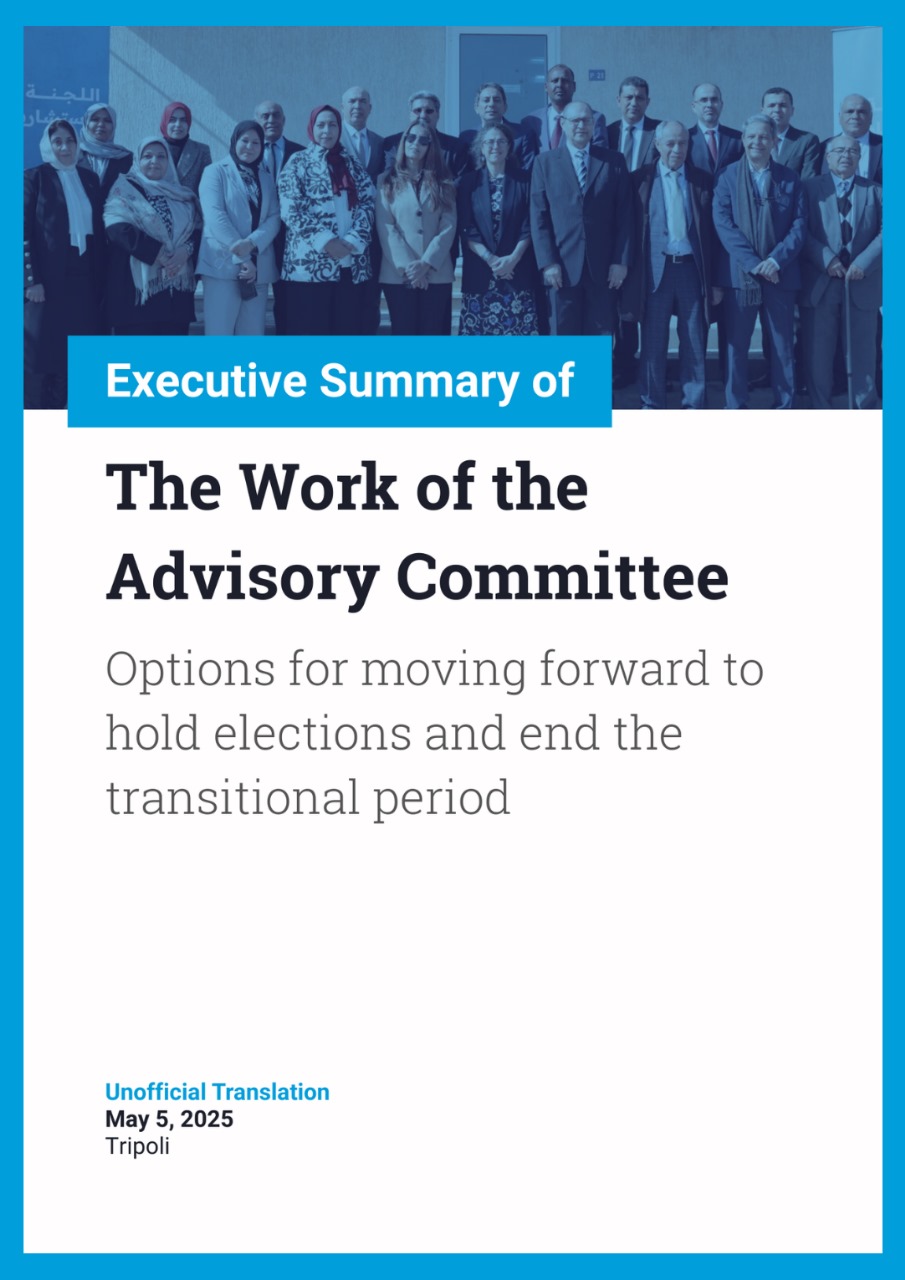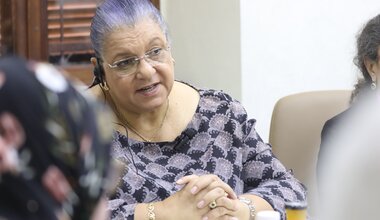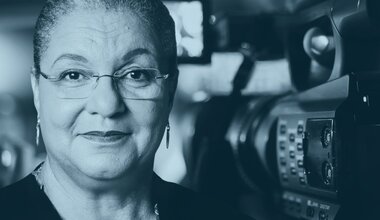Towards a Professional Media in Libya An Action Plan for Reform in the Media Sector
Madrid, Spain – 1 June 2016 – Building on the achievements of previous meetings and the recent elaboration of the Code of Ethics for Libyan Journalists and Media Professionals in a Time of Crisis, a three-day workshop examining the direction of reform in the Libyan media sector has commenced today in the Spanish capital. The meeting brings together a number of Libyan media managers and journalists to discuss substantive recommendations for change to promote freedom of expression and an independent press, reinforcing the media’s contribution to national reconciliation.
Opening the meeting, the Secretary of State of Foreign Affairs, Ignacio Ybañez noted his country’s consistent support for the process of media reform in Libya, emphasizing that "Spain commends the sense of responsibility showed by the Libyan participants since the launching of this initiative in Madrid in July 2015 and their efforts to create an environment of reconciliation and free speech in Libya".
Expressing similar views as to the crucial role of the media, the representative from the Austrian Embassy in Madrid, Karin Kosina, stated that “Austria is happy to have hosted the kick-start of the Libyan media working group at the International Press Institute in Vienna and closely observes the follow-up and impact on the ground.” Her remarks were followed by those of Libya’s Ambassador to Spain, who stressed “the important role of the media to foster and promote state-building, noting the challenges the country faces from tribal, regional and ideological conflict.”
Speaking on behalf of the participants, Mr Mahmoud El Busifi stated that “we express our gratitude to UNESCO and its international partners for supporting reform in the Libyan media sector”, adding that, “The frameworks elaborated over the past year represent the foundation for ethical and professional media in Libya.” Emphasizing the importance of Libyan ownership in his statement, Ghaith Fariz, UNESCO Regional Director pointed out that “Now the Libyan stakeholders are going to determine how best to achieve the necessary changes, and as well where and how this process should start.”
This activity is implemented UNESCO in partnership with Spain’s Ministry of Foreign Affairs and Cooperation; the Organization’s own contribution made possible through the generous support of the Government of Finland. It is part of UNESCO’s effort to reinforce the capacity of Libyan media to contribute to reconciliation and promote conflict-sensitive reporting.
 United Nations Peacekeeping
United Nations Peacekeeping UN
UN








